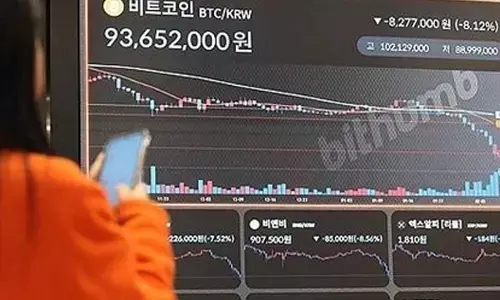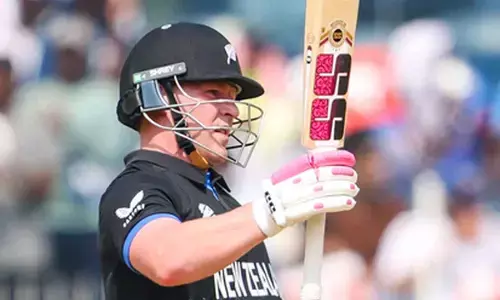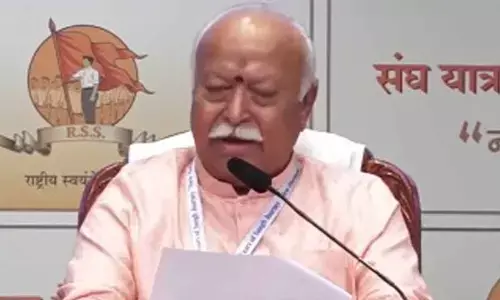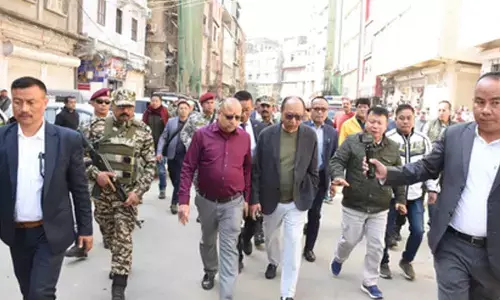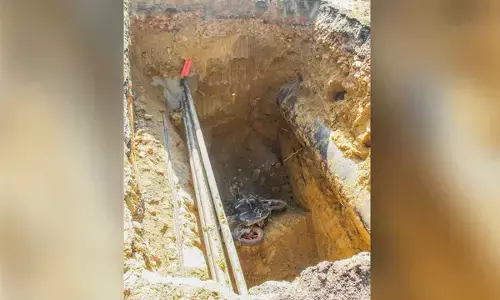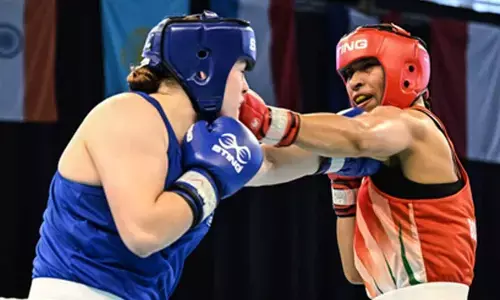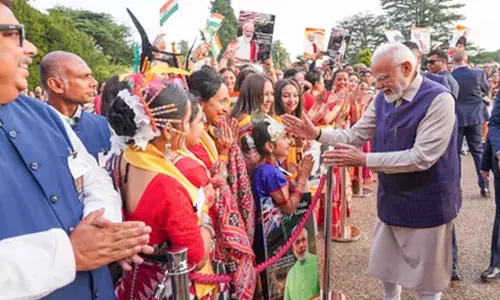WhatsApp admins not liable for objectionable posts by members: HC
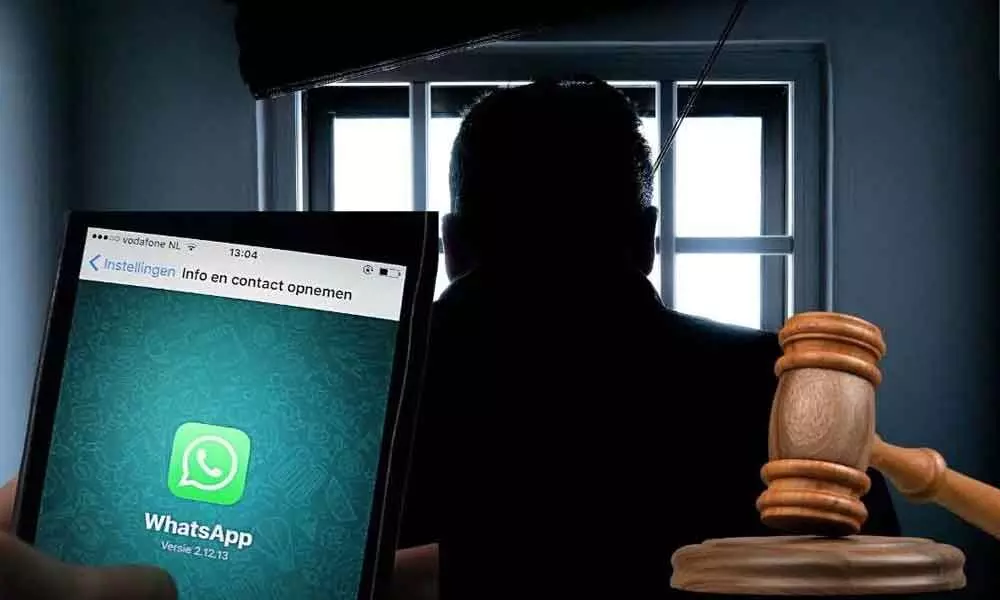
WhatsApp admins not liable for objectionable posts by members
The administrators or creators of a WhatsApp group cannot be held vicariously liable for any objectionable content posted on it by any of its members, the Kerala High Court has held.
Kochi: The administrators or creators of a WhatsApp group cannot be held vicariously liable for any objectionable content posted on it by any of its members, the Kerala High Court has held.
The ruling by the high court came while quashing a POCSO case against the admin of a WhatsApp group one of whose members had posted child pornography on it.
The court said that as held by the Bombay and Delhi High Courts, "the only privilege enjoyed by the admin of a WhatsApp group over other members is that he can either add or delete any of the members from the group".
"He does not have physical or any control otherwise over what a member of a group is posting thereon. He cannot moderate or censor messages in a group.
"Thus, Creator or Administrator of a WhatsApp group, merely acting in that capacity, cannot be vicariously held liable for any objectionable content posted by a member of the group," the Kerala HC said.
In the instant matter, the petitioner had created a WhatsApp group called 'FRIENDS' and he had made two other persons also as admins along with him and one of them posted in the group a porn video depicting children engaged in sexually explicit act.
As a result, police lodged a crime against that person -- also the accused no. 1 -- under the Information Technology Act and the Protection of Children from Sexual Offence (POCSO) Act. Subsequently, the petitioner was arrayed as accused no. 2 and after the investigation was completed, a final report was filed before the trial court.
The petitioner, in his plea seeking quashing of the proceedings against him, had contended that even if the entire allegations and the material collected are taken together at their face value, they do not indicate that he committed any offence.
The high court agreed with the contention and said, "There is nothing on record to suggest that the petitioner has published or transmitted or caused to be published or transmitted in any electronic form the alleged obscene material or he browsed or downloaded the said material or, in any way, facilitated abusing children online "Similarly, the prosecution has no case that the petitioner used children in any form of media for his sexual gratification or used them for pornographic purpose or stored, for commercial purpose, any child pornographic material."








